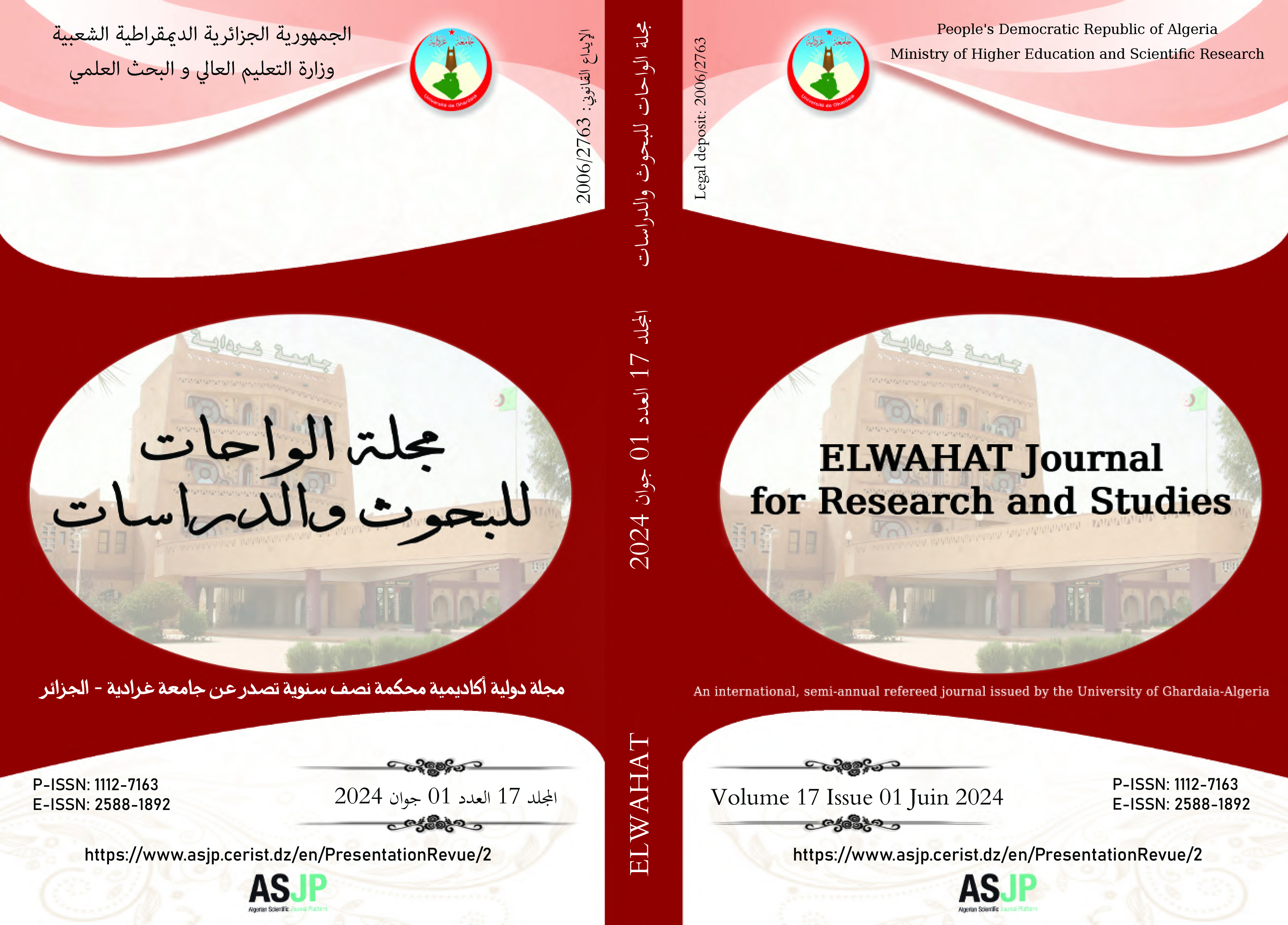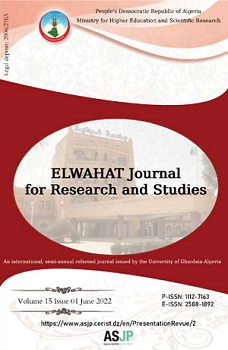نمط التعلق لدى السجناء الموشمين – دراسة عيادية
DOI:
https://doi.org/10.54246/4jkfty76Abstract
The current study aims to try to reveal the attachment style of tattooed prisoners who were previously placed in a re-education institution. Attachment patterns are considered the basis on which intimate and social relationships in general are built in the coming stages of life, and thus an attempt to reveal the extent of the influence of family relationships, especially the parental relationship (mother_ Father_Son) about young people entering the world of crime and their practice of tattooing their bodies, as well as shedding light on this group of society that needs care and guidance to overcome its crises and integrate into society together.
The study was conducted on a clinical case, in prison, based on the clinical approach and its tools represented by: the semi-directed clinical interview, and the attachment styles scale by Mubaraki Khadija, Boufateh Muhammad and Bahi Salami (2017). The results obtained showed that the prevailing attachment style in the case It is an insecure attachment style. In the end, we came up with a set of recommendations.
Key words: attachment style; tattoos; prisoner; attachment style scale.







